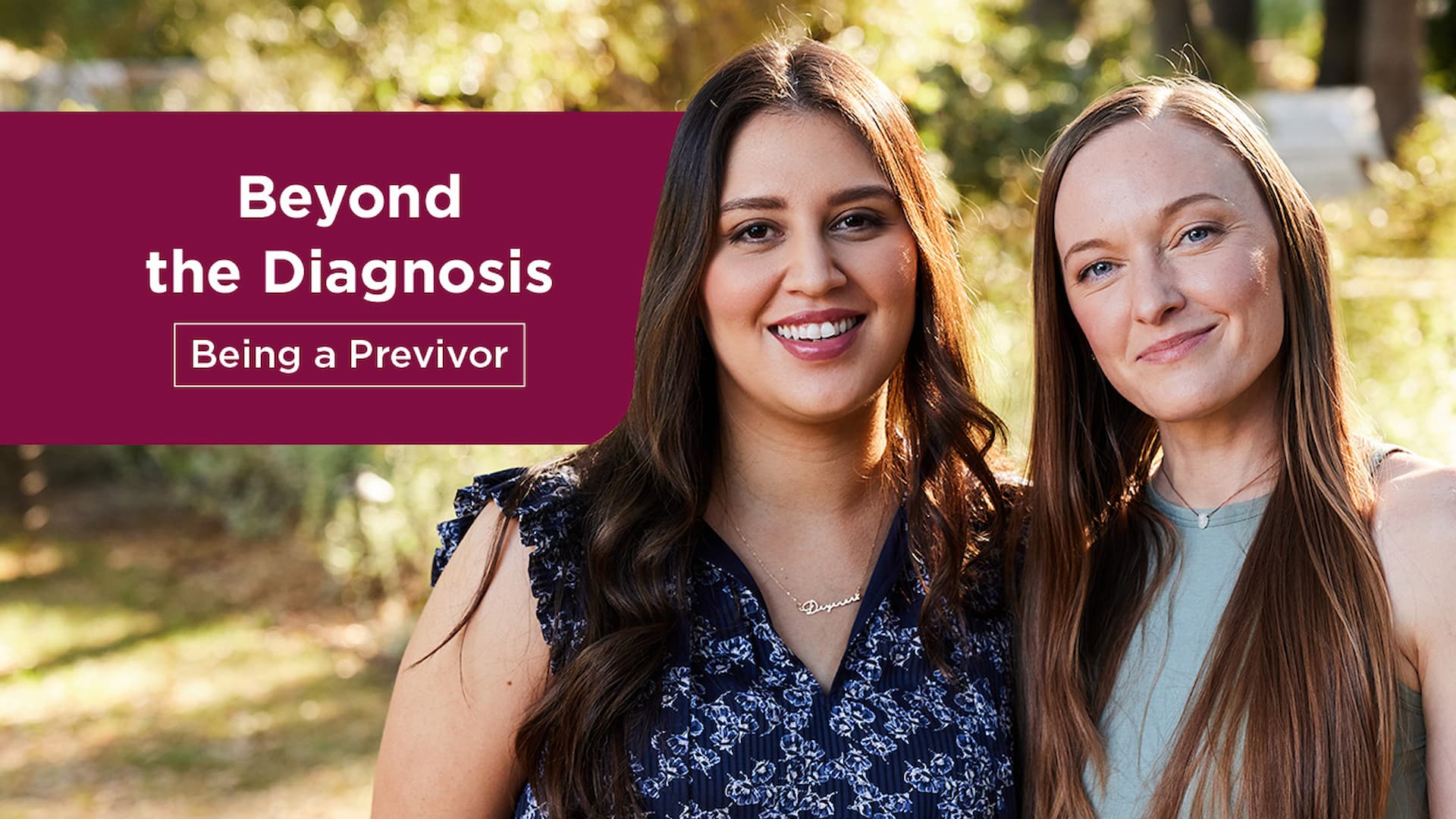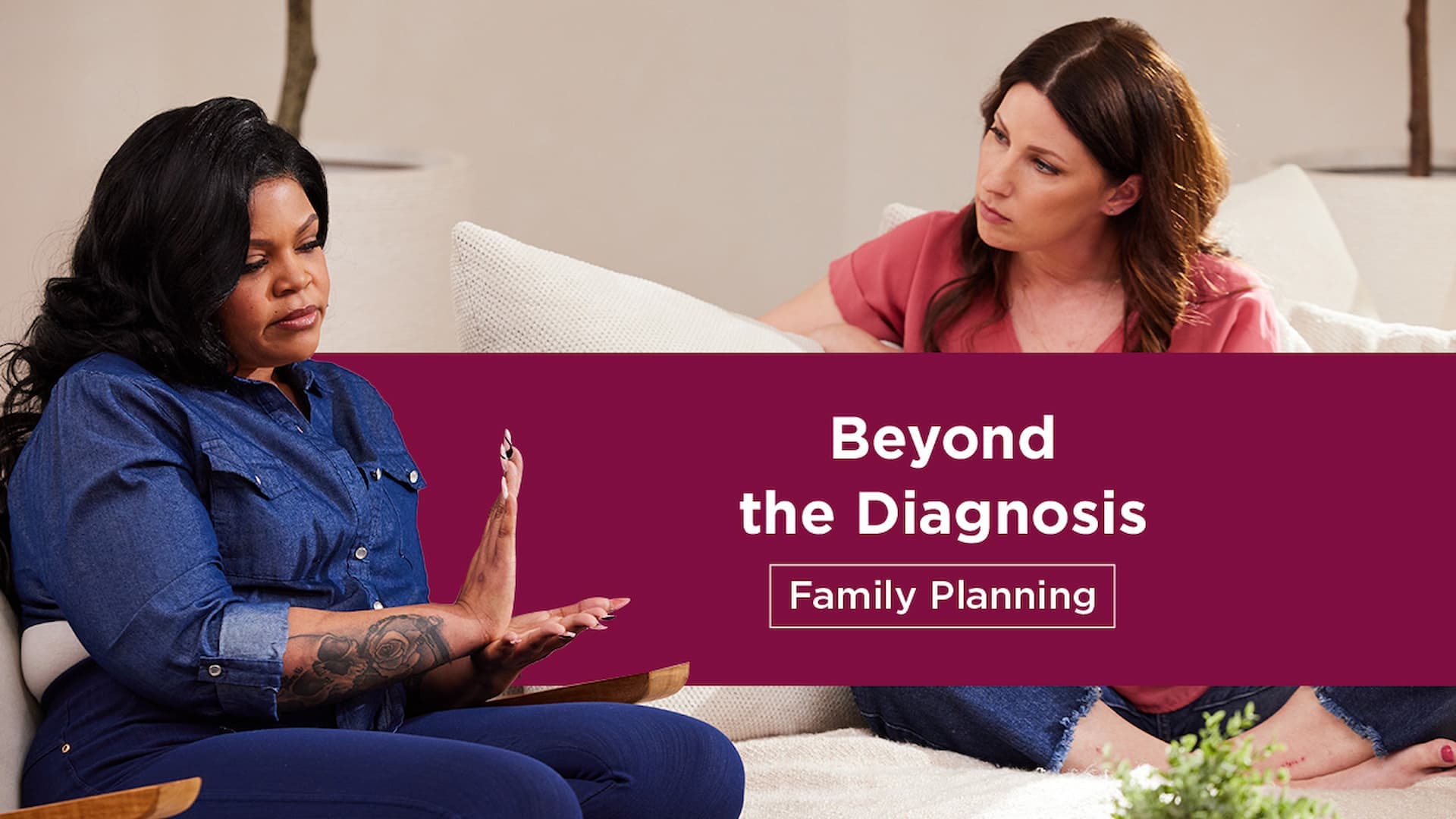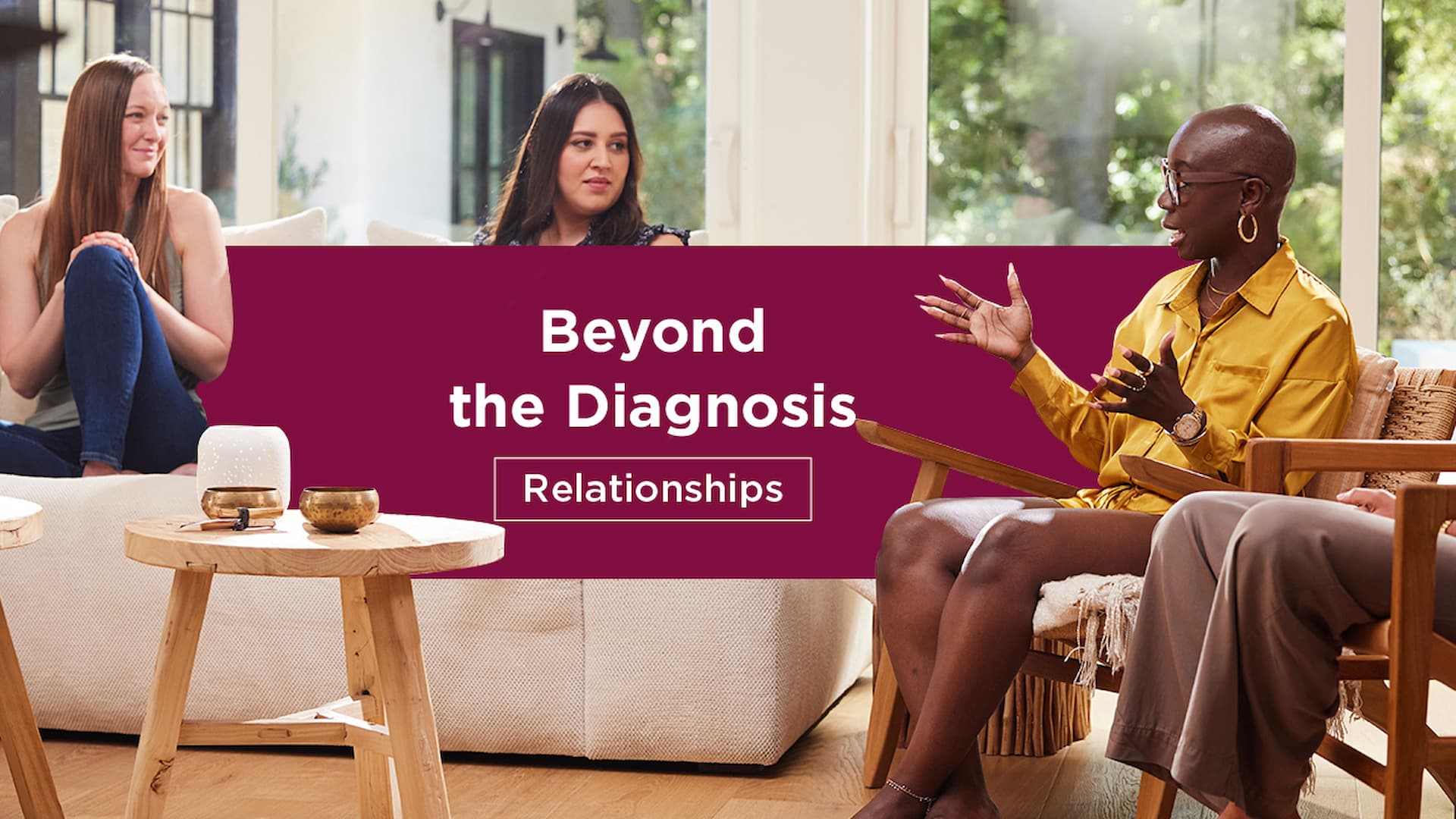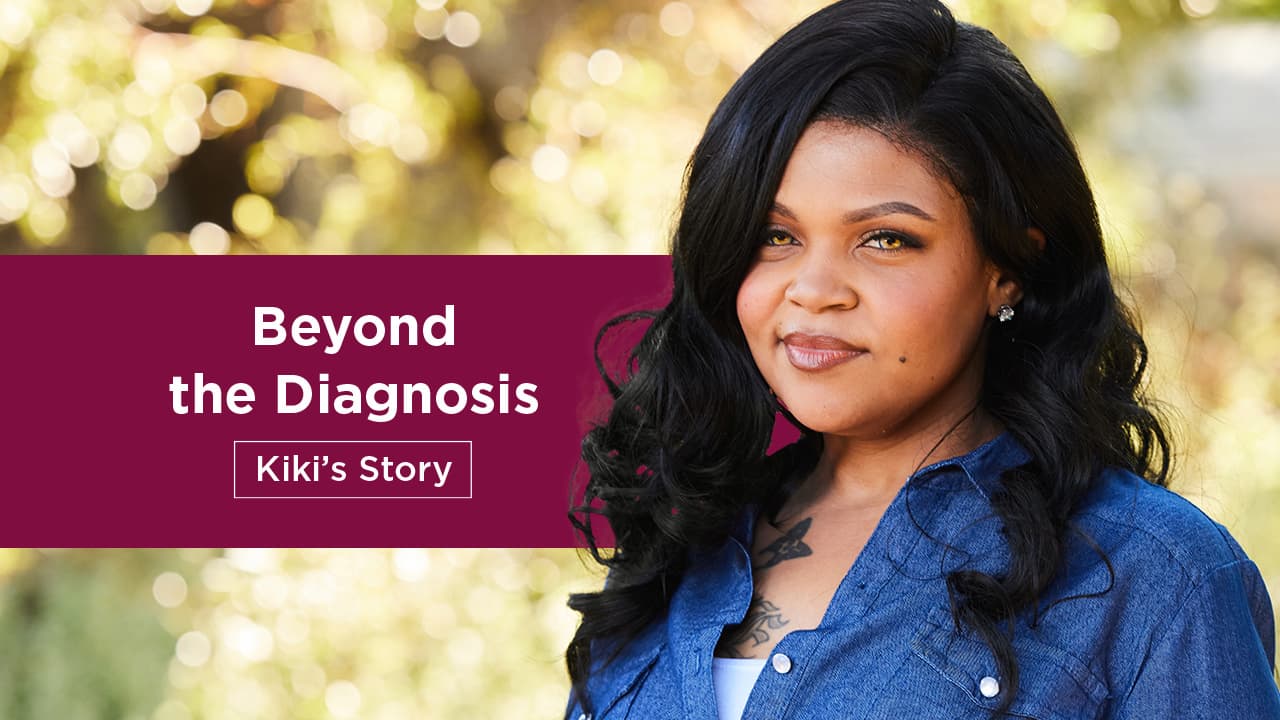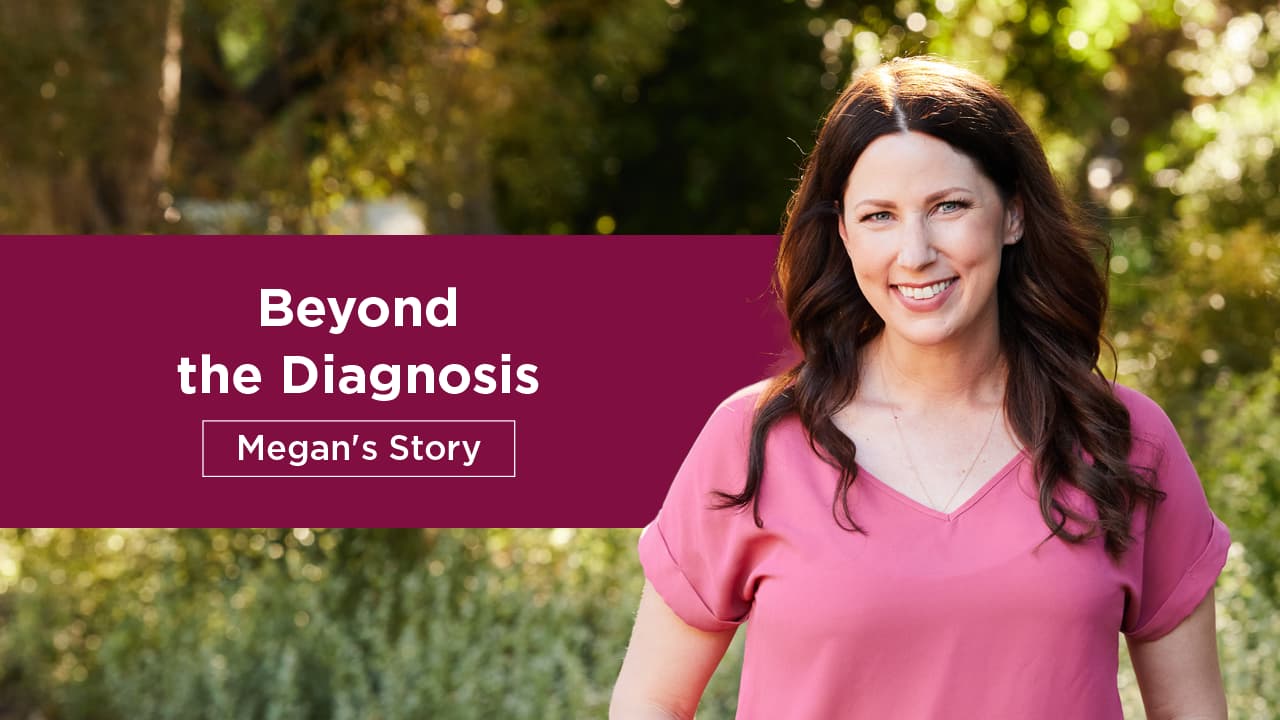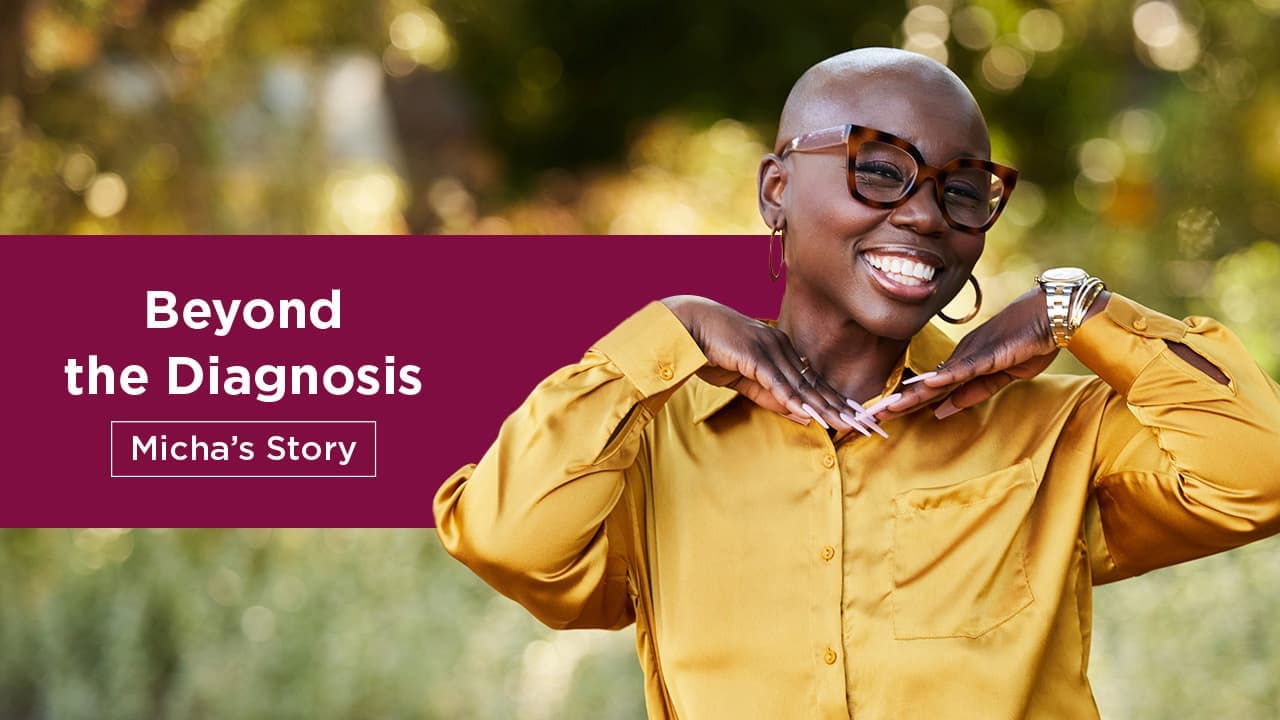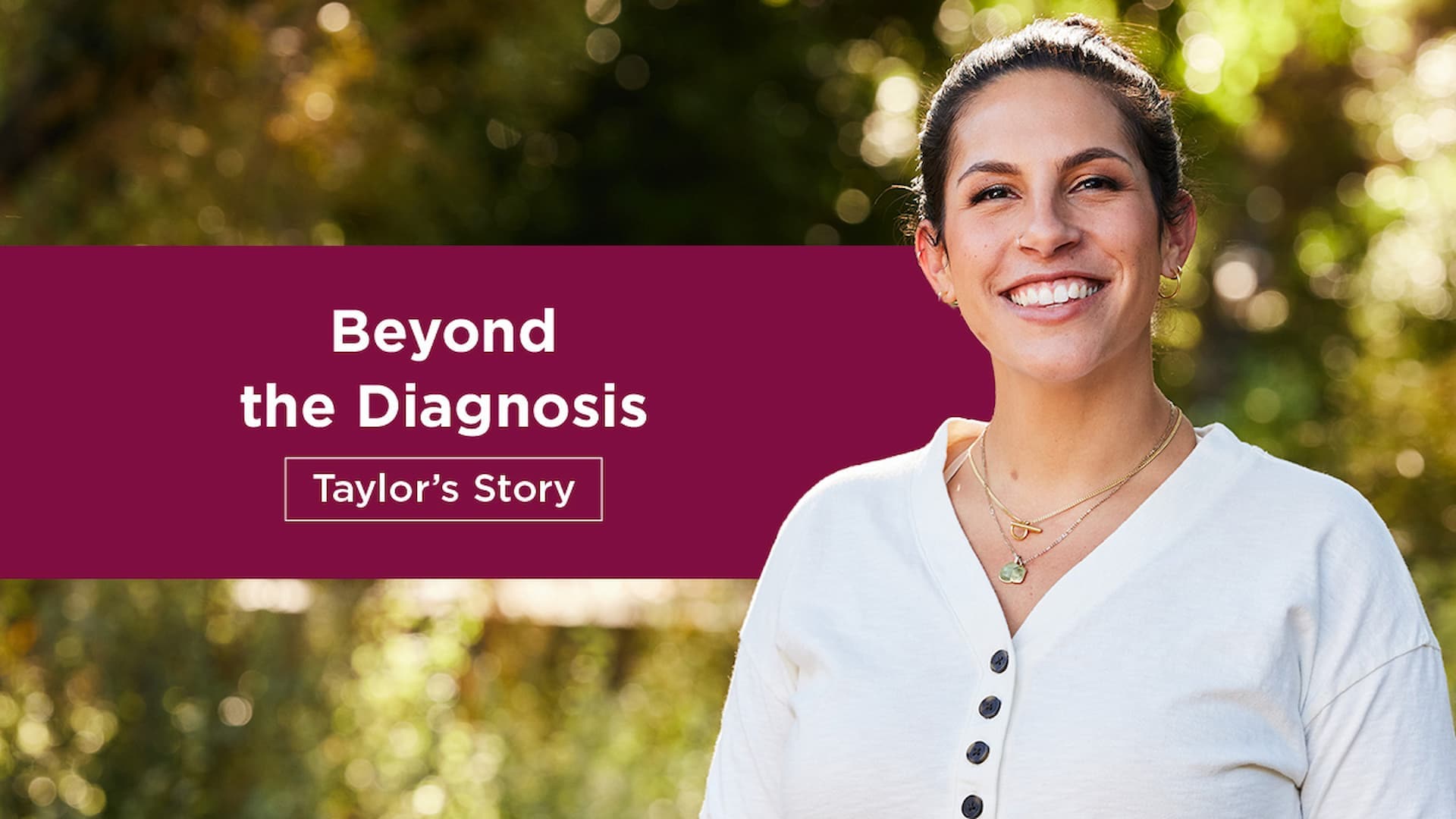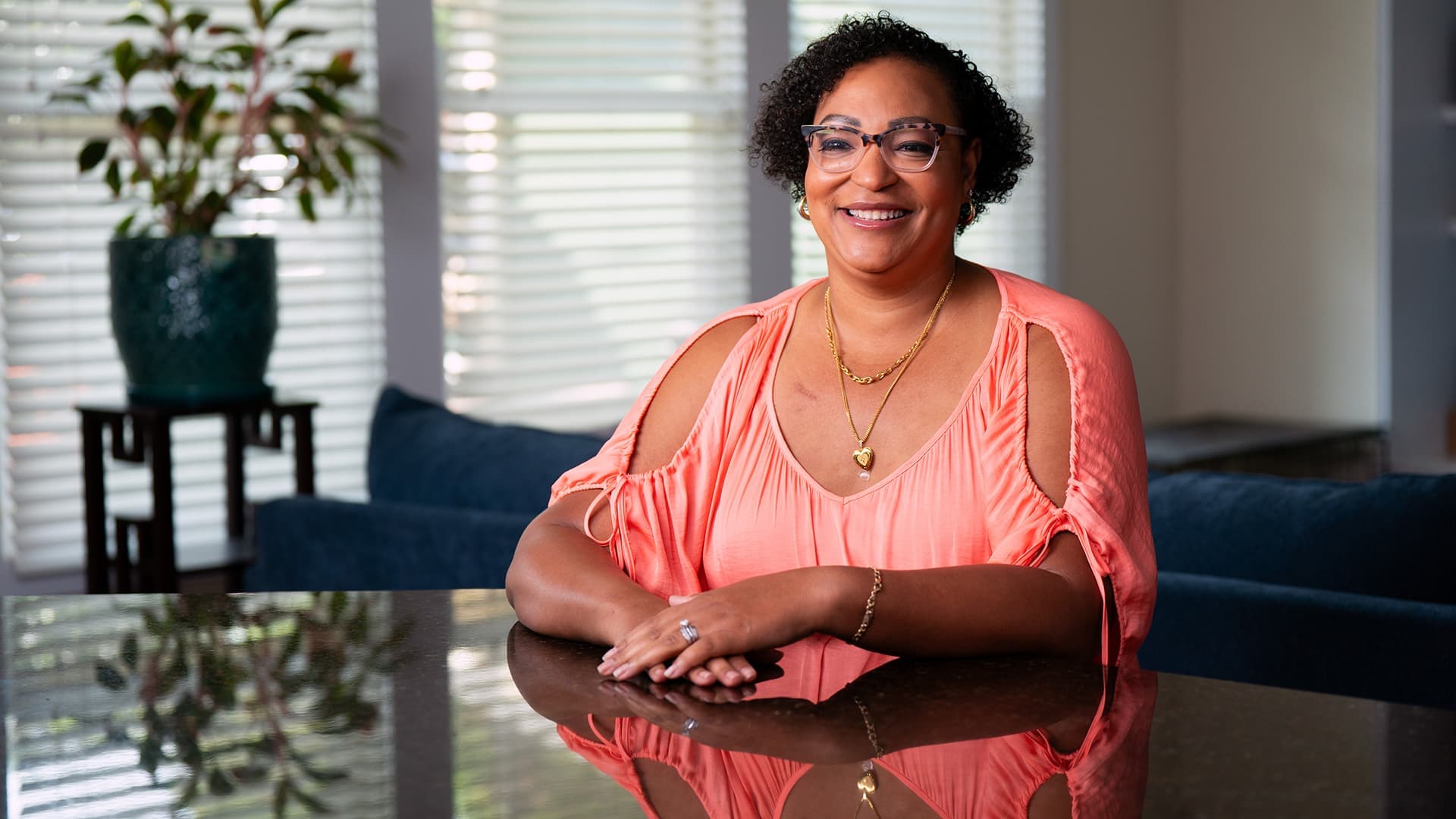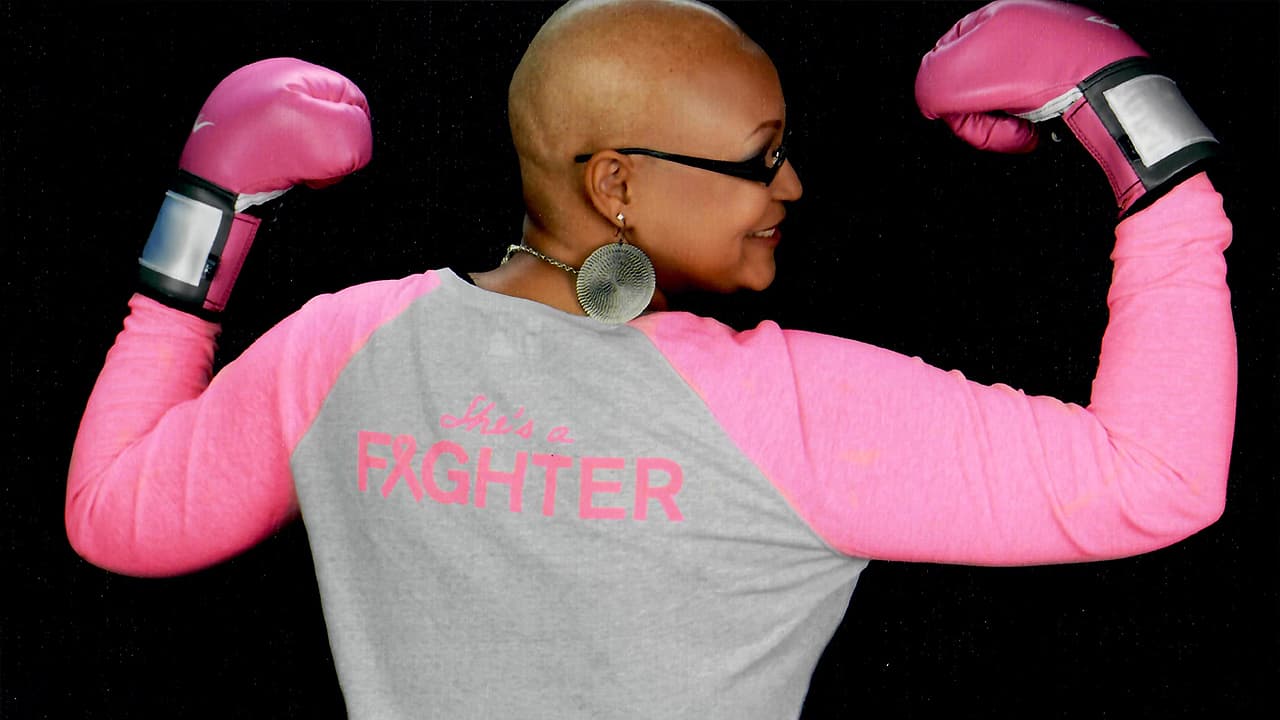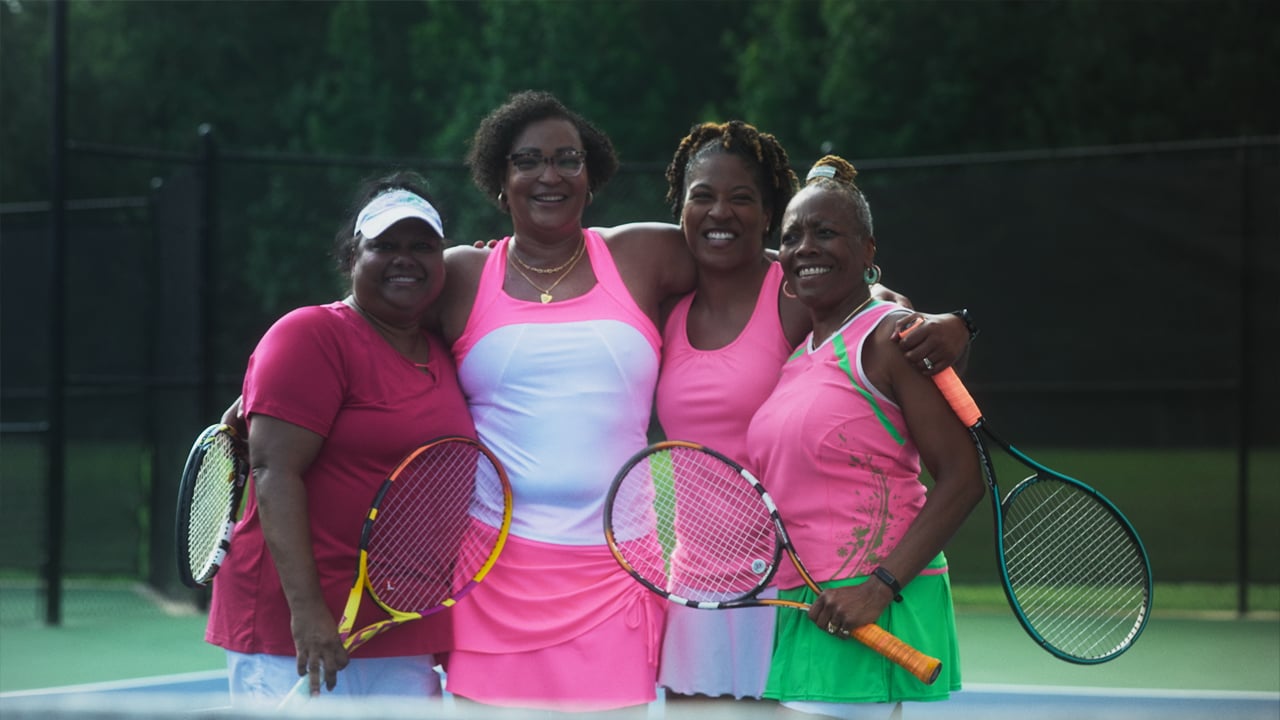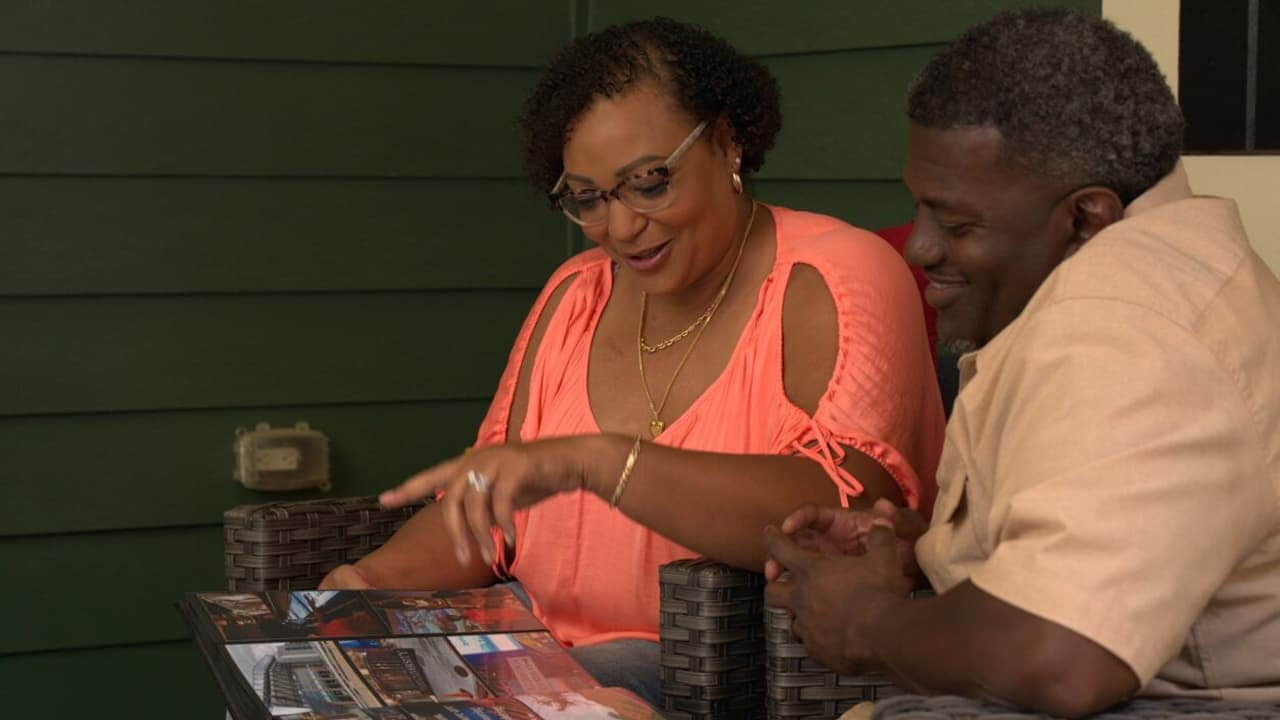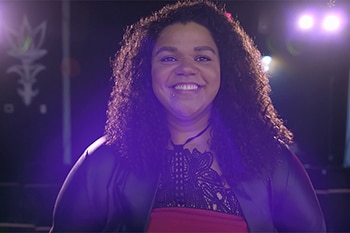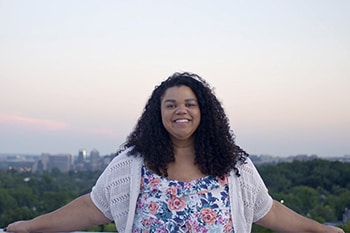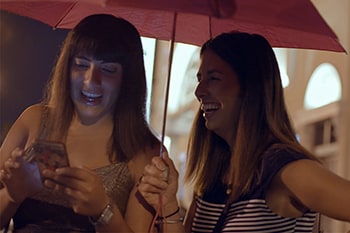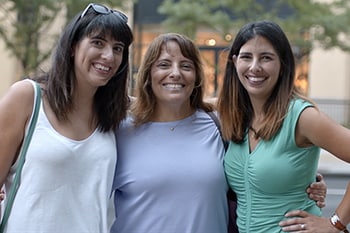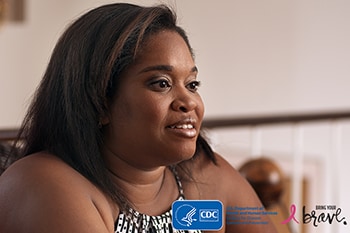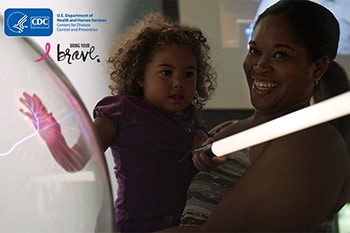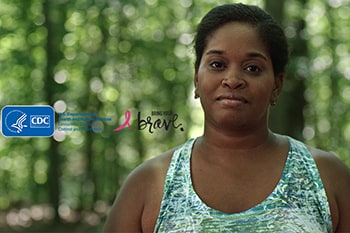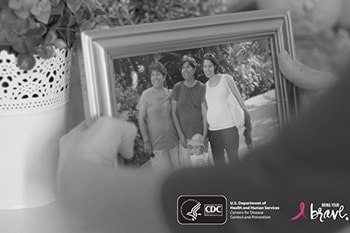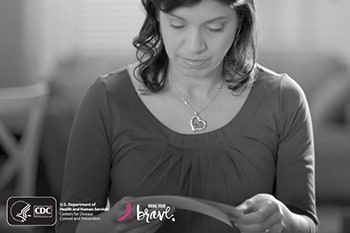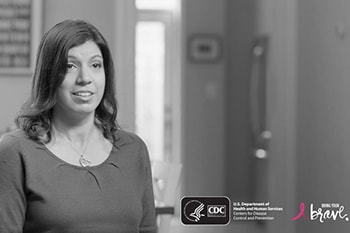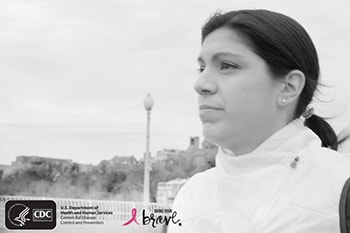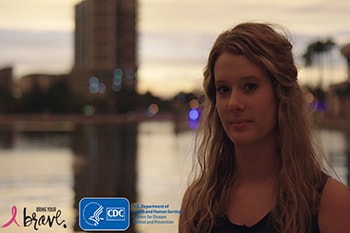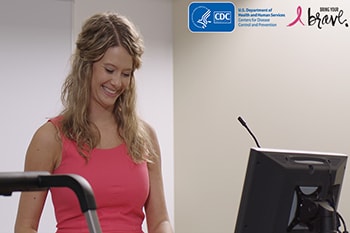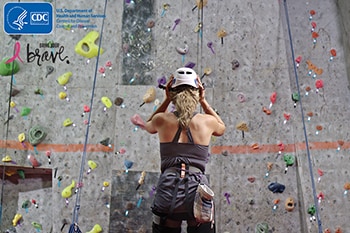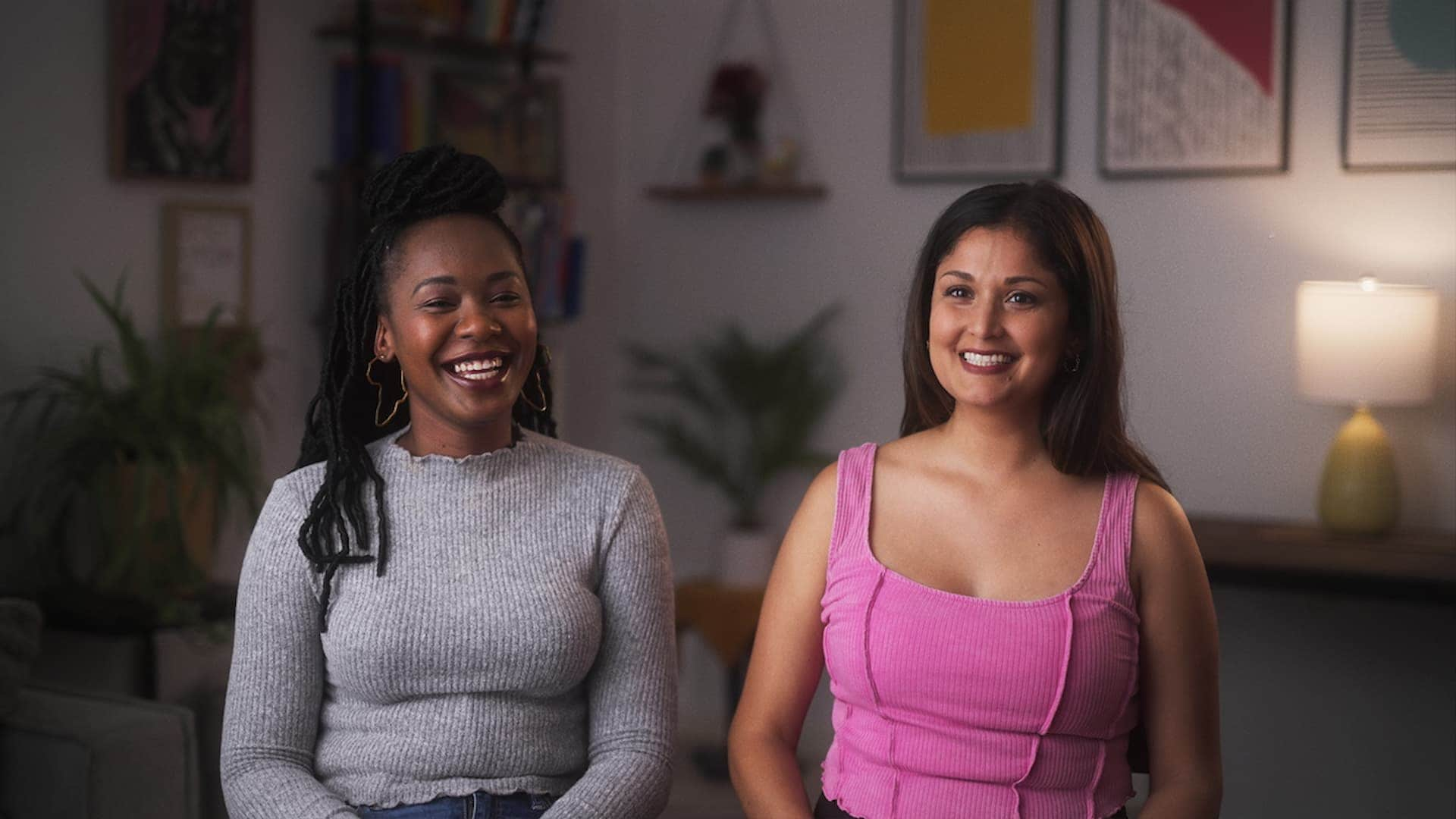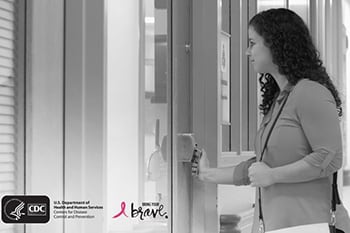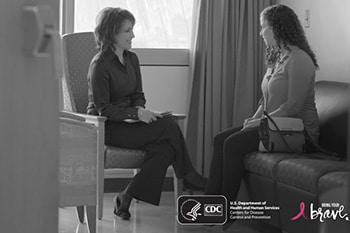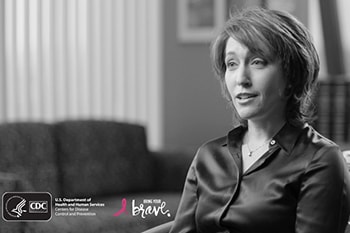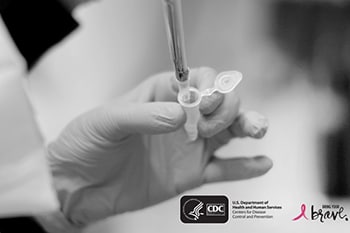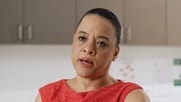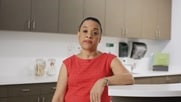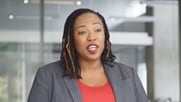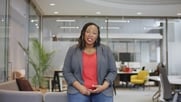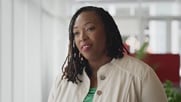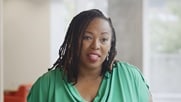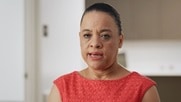Videos
Breast cancer previvors are those who have a known higher risk for the disease due to harmful genetic changes or family history but have not been diagnosed with breast cancer. For previvors, living with risk can be coupled with anxiety, feelings of isolation, guilt, and discomfort with where they fit into the breast cancer community. In this episode, young previvors share their experiences navigating risk management options, talking about their risk, and finding their voices.
For young women, your breast cancer treatment may impact your plans for having children and building a family. There are also family planning decisions that breast cancer previvors, women with a known high risk but who have not been diagnosed with the disease, face. These women affected by breast cancer discuss how the disease and their treatment has altered their plans to have children, and the family planning decisions that they face.
Love and dating can be tricky—even more so when breast cancer is a factor. These six women share how they navigate romantic relationships and body acceptance as young women affected by breast cancer.
Kiki’s long road to a breast cancer diagnosis taught her the importance of being her own advocate. In this episode, Kiki reflects on how therapy has helped her navigate motherhood, family relationships, and her journey with infertility.
From the challenges of finding support to the joys of finding love, Megan shares her experience as a stage 4 metastatic breast cancer survivor. She stresses the importance of staying attuned to the signs and symptoms of the disease while cherishing each moment with those who matter most.
A decade after her breast cancer diagnosis, Micha reflects on how the disease affected her relationships, career, and outlook on life. She now dedicates her time to spreading awareness about the risk of breast cancer among young women.
Taylor, a travel nurse, was diagnosed with breast cancer when she was 25 years old. In this episode, Taylor gets real about what it’s like to face breast cancer as young adult, how being a breast cancer survivor made her a better nurse, and the challenges of dating after cancer.
Ten years after her breast cancer diagnosis, Carletta looks back on how her definition of bravery has changed. She discusses how she managed the highs and lows of being a cancer survivor and learning how to ask for help.
A decade after her breast cancer battle, Carletta unpacks the complex feelings of guilt and gratitude that many survivors struggle with. Carletta describes how she’s found comfort in embracing empathy for others while also being grateful for her own journey.
The breast cancer journey is never easy, but having a support system can make a big difference. Carletta, a 10-year breast cancer survivor, says meeting survivors wherever they’re at emotionally is key to being a supportive friend or partner.
Not all cancer survivors feel like they are “superheroes” or “brave.” In this video, Carletta, a breast cancer survivor herself, explains the importance of using words that uplift rather than add pressure.
When Charity was diagnosed with breast cancer at 27, she faced a series of difficult decisions. Learn what steps she took to be proactive about her health and her cancer risk – and what she wants young women to know about their health.
At age 27 Charity was diagnosed with breast cancer. Find out how she took a proactive approach to her health – and what she wants other young women to know about their breast cancer risks.
When Emily and Caroline found out their mom had a BRCA gene mutation, they decided to get tested themselves. From there, they took different paths. Find out how these sisters and their mom support each other, and how one size doesn’t always fit all when managing your breast cancer risk.
Breast cancer doesn’t just affect the person diagnosed, it can affect the entire family. For sisters Emily and Caroline, that means managing their risks of breast cancer in individual ways, but coming together to support each other on their paths.
Jackie, age 38, has a paternal family history of breast and ovarian cancer and a BRCA gene mutation. She shares how understanding her risk enabled her to take action to reduce her risk for breast and ovarian cancer, and create a roadmap for a bright future for her and her 4-year-old daughter.
Jackie saw many relatives on her father’s side of the family get diagnosed with and die from breast or ovarian cancer. Because of her family history, her doctor recommended she receive genetic counseling. Jackie explains her experience with genetic counseling and testing.
Jackie took steps to learn about her risk for breast and ovarian cancer because of her family history.
Lisa talks about how she realized that having family members with pre-menopausal breast and ovarian cancer meant that she has a higher risk of getting cancer before she turned 45. She talks about how this affected her as a young mother and why she takes steps to manage her risk. Lisa provides a tip for talking with family members about their history of cancer.
Lisa’s family history of breast and ovarian cancer puts her at higher risk for getting cancer in the future. Watch this video to learn how she’s used this information to empower herself.
Lisa, age 41, talks about how her family history led her to get genetic counseling and testing for BRCA gene mutations. She describes the genetic testing experience, and how it helped her understand her family history and manage her risk for breast cancer.
Lisa, age 41, talks about her decision to get genetic counseling and testing to find out if she had a BRCA gene mutation, and how the experience empowered her to understand her options and be her own best health advocate.
When Marleah was 8 years old, she watched her mother, then 38, go through treatment for breast cancer. Her mother’s experience inspired her to understand and her own risk, and she learned that she has a BRCA2 gene mutation like her mom and aunt. To manage her risk, Marleah currently undergoes surveillance.
Marleah’s family history of breast cancer was her motivation for pursuing a career where she can be an advocate for herself and others at high risk. At 27, Marleah explains that understanding her risk has been an emotional journey, but also a good journey.
Marleah took steps to understand her risk for breast cancer because of her family history. She encourages young women with a family history of cancer to learn their personal risk.
After Sally learned she had breast cancer at 26, her best friend Gloria was there to support her through everything. They share valuable advice for survivors on how to ask for help and how to help loved ones after a breast cancer diagnosis.
Genetic counselor Joyce Turner, MSC, CGC, explains that if you have a family history of breast cancer, it is important to speak with a genetic counselor or a health professional who can talk to you about your personal risk of developing breast cancer.
Genetic counselor Joyce Turner, MSC, CGC, explains how family history of breast cancer may indicate inherited changes in genes that increase your personal risk for breast cancer. She offers action steps you can take if you have concerns about your personal risk of breast cancer.
Genetic counselor Joyce Turner, MSC, CGC, provides an overview of BRCA genes and their relationship to breast and ovarian cancer. She explains how each of us inherits BRCA genes from our parents, the role of those genes and what happens if we inherit a gene mutation. She also talks about how genetic counseling and testing can give a woman information she can use to make decisions about her health.
In this video, genetic counselor Joyce Turner, MSC, CGC, explains what the BRCA1 and BRCA2 genes are and how a mutation in either gene can lead to cancer. She also discusses how genetic counseling and testing can help women make informed decisions about their health.
CDC’s Dr. Lisa Richardson explains the link between drinking alcoholic beverages and breast cancer risk, and what you can do to lower your risk.
CDC’s Dr. Lisa Richardson explains why breastfeeding your babies can lower your risk of breast cancer.
CDC’s Dr. Temeika Fairley explains how a family history of breast cancer can raise your risk, and how to start the conversation about family health history.
CDC’s Dr. Temeika Fairley explains several signs and symptoms of breast cancer, including some you may not know about.
You can make healthy choices to help lower your breast cancer risk. CDC’s Dr. Temeika Fairley explains.
CDC’s Dr. Temeika Fairley explains what she wants young black women to know about their risk of breast cancer.
CDC’s Dr. Lisa Richardson talks about the best time for women to start getting mammograms to screen for breast cancer.
